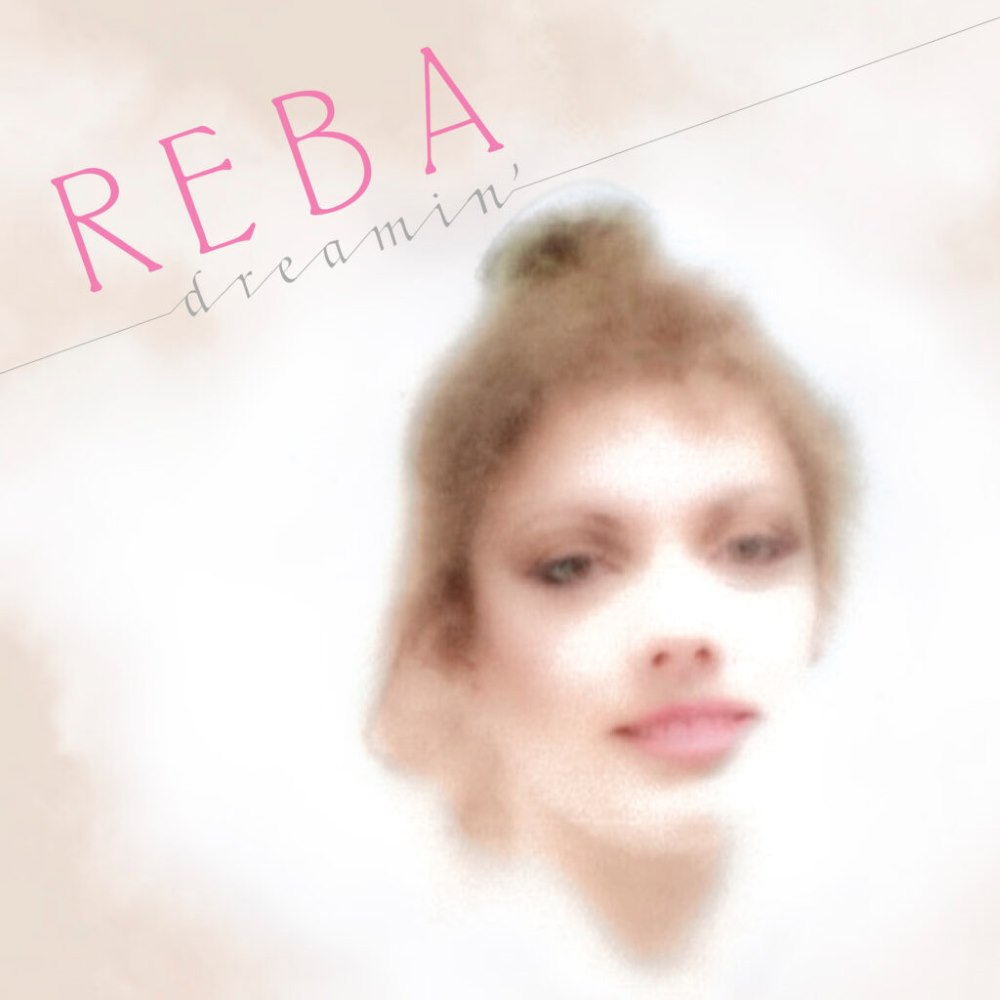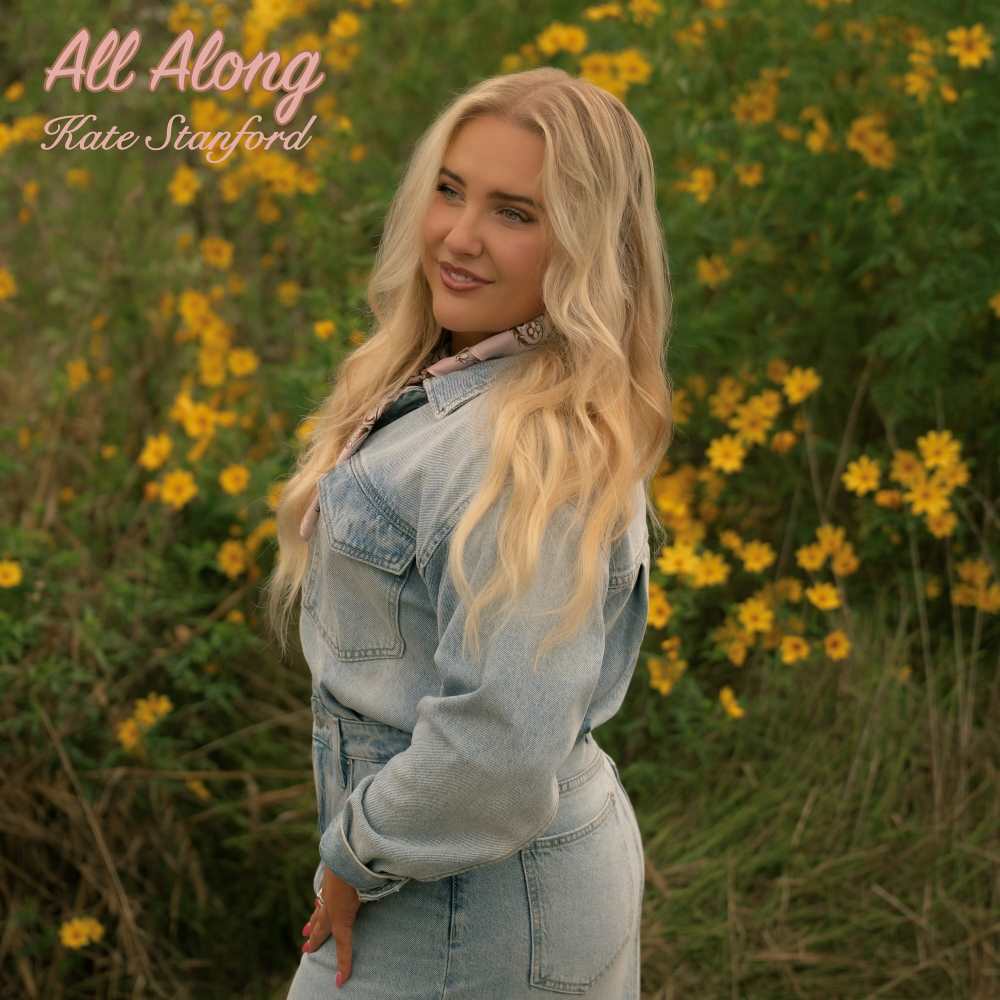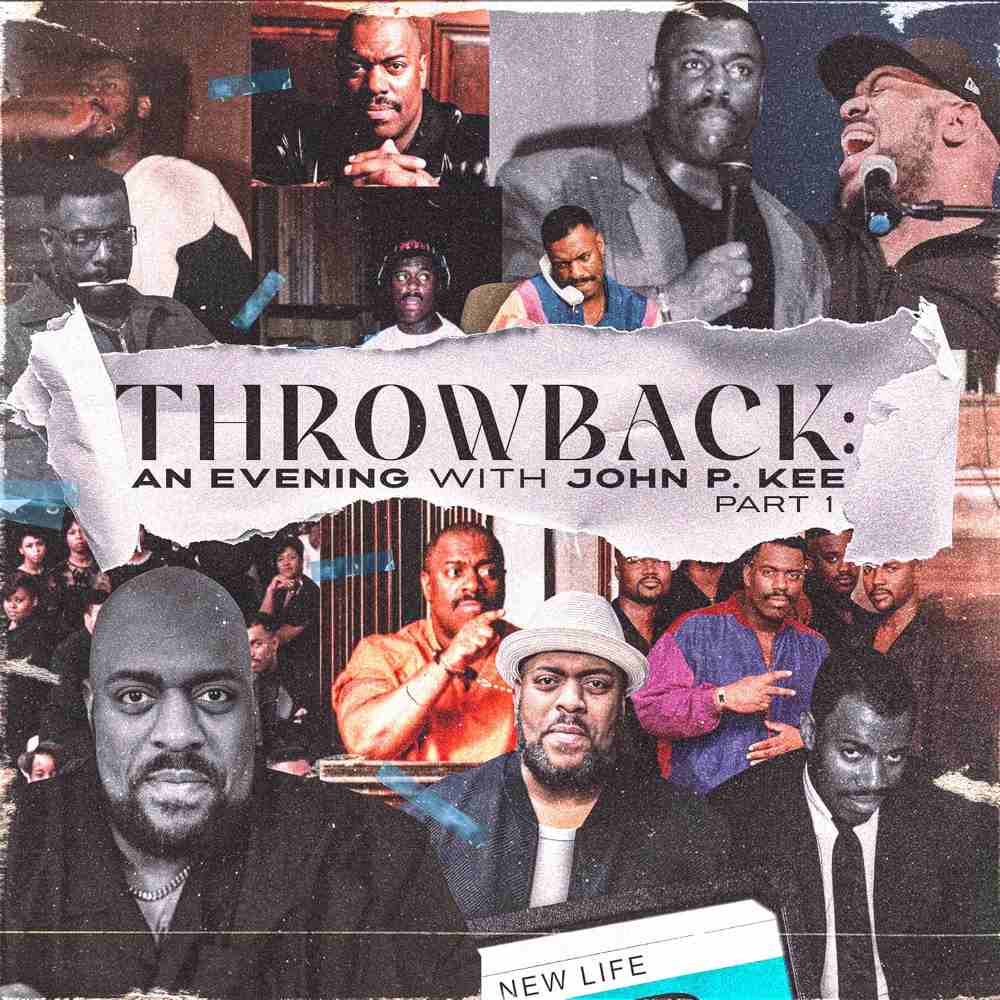Reba Rambo
Dreamin’
Sony Legacy (original release date: 1980; re-release date: May 31, 2024)
By Robert M. Marovich
Reba Rambo was CCM before CCM was cool. She paved the way for artists from Amy Grant to Lauren Daigle by pressing through the criticism she received from conservative churchgoers who initially felt threatened by her ultramodern approach to gospel music.
But it was what young Black gospel music artists had been doing for decades: setting Biblical stories and beliefs to a street-smart sound that met people where they were. Or, in Francis Bacon’s words, “If the mountain won’t come to Muhammad, then Muhammad must go to the mountain.”
By the spring 1980 release of Reba’s album Dreamin’, however, audiences and awards organizations alike had come to embrace the daughter of the famous southern gospel group the Rambos with great affection. This year marks the 44th anniversary of Dreamin’ and Sony Legacy has remastered it for a new generation.
Dreamin’ is appropriately titled. The lyrics of the soulful ballad “You Never Stopped Dreamin’” conjure the image of a God with an endless vision for a better world. In a whispery tone and with a harmony line provided by Phil Johnson, Reba gushes wide-eyed about being asked by Jesus to follow him on “Just Can’t Believe It’s You.” On these two songs, one imagines a contented Reba Rambo, sipping coffee on her porch, looking out at a sun-filled, cloudless sky, her mind bursting with possibilities.
There’s a clever irony in setting a song called “Lead Us Not into Temptation” to a club beat that evokes the deliciously decadent Studio 54. Disco also permeates “Here Today, Gone Tomorrow,” featuring cameo vocals by the Rambos. The empowering “Steppin’ High” blends R&B with a funky Elton John Rock of the Westies vibe.
The album concludes with what, at the time, was an innovation for a Christian recording: a nearly eleven-minute “Dressing Room Sketch.” Sprinkled with a laugh track, Reba talks to herself, to God, and to the audience about self-doubt, the many challenges of being a full-time contemporary Christian artist, and even some of the past criticisms leveled at her. The latter includes how a woman compared her singing to calling hogs. When she relates this story to God, the Almighty (played by GMA founder Don Butler) responds in a booming television staff announcer voice. He proves to have just as caustic a wit as Reba’s.
Reba: “A woman like that, she didn’t even give me a chance. She didn’t hear a word I said.”
God: “She doesn’t listen to a word I say, either.”
While Reba’s 1976 Lady remains a stronger, tighter album, Dreamin’ has its solid moments, particularly the contemplative lullaby “(Song for My) Guardian Angel” and the soft-Christian-rock single “Something About the Rain.” I appreciate that the original masters of Reba Rambo’s album catalog are being reissued in their entirety to the general public. I wish that more major labels holding African American gospel albums in their catalog expressed enough interest in the gems in their vault to do the same.
Four of Five Stars
Picks: “Something About the Rain,” “(Song for My) Guardian Angel”
4 Comments
Leave A Comment
Written by : Bob Marovich
Bob Marovich is a gospel music historian, author, and radio host. Founder of Journal of Gospel Music blog (formally The Black Gospel Blog) and producer of the Gospel Memories Radio Show.













 Visit Today : 10
Visit Today : 10 This Month : 235
This Month : 235
Thank you for such an insightful article about Reba Rambo. There are several parallels with Reba’s journey and her mother, the late Dottie Rambo. They both have stated that they married too young. Dottie came to acknowledge publicly that her marriage was a difficult one, but she stuck it out from the 1950s until 1994. Many of her greatest songs were born out of the heartbreak she experienced, but as Barbara Mandrell said, her songs were always leading us back to a place of rest with Jesus.
When the Rambos took their gospel singing to television, they were dis-owned by the very legalistic (at the time) United Pentecostal Church and many burned their recordings! Later, Reba had a similar experience when she was booed off stage by legalistic Christians who dis-owned her because of her divorce. Her album the Prodigal was born out of that difficult period.
Both Dottie Rambo and Reba Rambo could have become household names that practically the whole world would recognize. Not only were they personal friends of Elvis Presley and many others in the entertainment field, both Dottie and Reba were offered opportunities to sing secular music. They politely refused and held true to the gospel message they so strongly followed. Elvis Presley was planning an entire album of Dottie Rambo’s songs at the time of his death.
I doubt that we will ever see the uniqueness of a Dottie Rambo in southern gospel, as well as being a huge influence in black gospel, or a Reba Rambo with her very significant influence to what became contemporary Christian music (CCM). Both of these giants in the faith have been unfortunately overlooked, at least somewhat, for the gigantic influence they had among their peers and beyond. Thank you for bringing attention to them.
Thank you for posting this history of Dottie and Reba. I did not know Elvis was planning an album of Dottie’s songs – that would have been quite something!
[…] Source link […]
Love Reba, and anything she does!